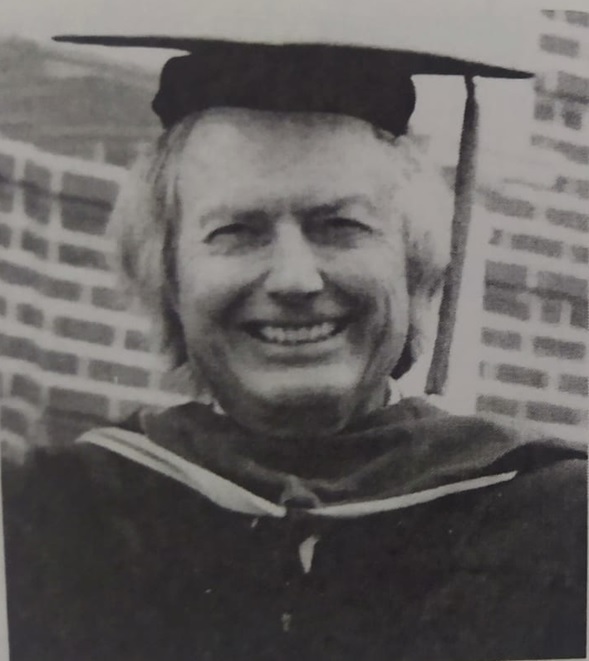By Howard Richards
Presentación: el abordaje hacia una economía solidaria
En un sistema de laissez-faire el nivel de empleo depende en gran medida de lo que se llama el estado de la confianza. Si se deteriora la confianza, cae la inversión privada. Sigue una caída de la producción y del empleo (este resultado se genera directamente y también a través del efecto secundario del impacto de la caída de los ingresos sobre el consumo y sobre la inversión). Esto da a los capitalistas un poderoso control indirecto sobre las políticas públicas; hay que evitar cuidadosamente todo lo que pueda sacudir su confianza porque causaría una crisis económica. Pero una vez que el gobierno aprenda el truco de incrementar el empleo por sus propias compras, este poderoso mecanismo de control pierde su eficacia. Por eso los déficits presupuestarios necesarios para llevar a cabo la intervención del gobierno se representan como peligrosísimos. La función social de la doctrina de “disciplina fiscal” es asegurar que el nivel de empleo dependa del estado de confianza (Kalecki, 1943: 322-331)
Mi recomendación es pensar la economía solidaria como la matriz cultural -o, dicho de otra manera, como la ideología o la filosofía- de una economía cuya meta es atender a las necesidades de cada quien en armonía con la naturaleza, desplegando una pluralidad ilimitada de medios para lograr su meta. La economía debe servir a las personas, no las personas a la economía, y debe ser el “bienvenido a todos”. realizado en la práctica. La economía solidaria no debe ser el sector de la pobreza, viviendo de las migas que restan cuando el sector privado ya ha agotado sus mercados, ya no encuentra más inversiones rentables y, por lo tanto, no genera más empleo; y, tampoco, cuando el sector público ha agotado el poder recaudador del fisco y ya carece de medios para ampliar la red de protección social. No tan sólo los pobres, sino todos los seres humanos debemos ser solidarios y con mayor razón los empresarios, los políticos, y los que viven de las rentas de sus patrimonios sin trabajar.
read more








